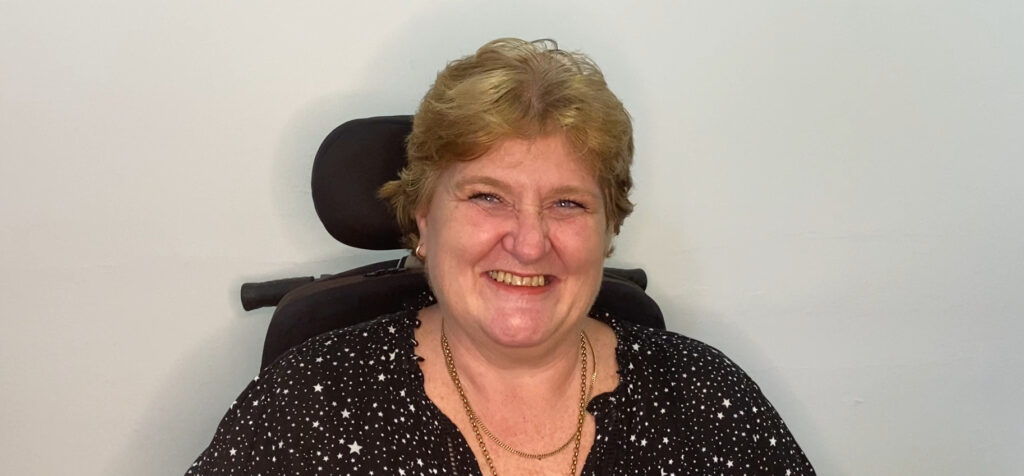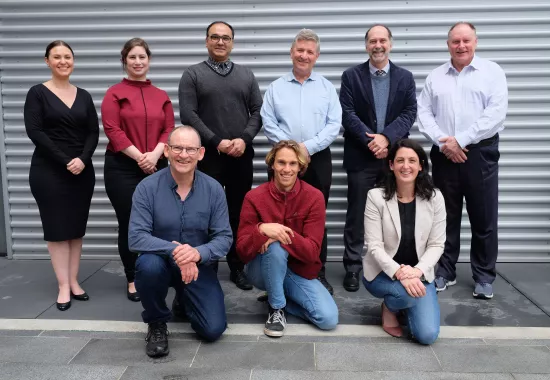Researchers based at Royal North Shore Hospital have launched the first study of its kind in the world to support those with a spinal cord injury.
The team from the Kolling Institute’s John Walsh Centre for Rehabilitation Research is now seeking recruits for the clinical trial which is investigating the benefits of an approach combining breathing techniques with heart rate feedback.
Study lead Professor Ashley Craig said many of us don’t realise the wide-ranging impact of spinal cord injuries from unstable blood pressure, chronic pain and fatigue through to poor sleep, brain fog, confusion and low mood.
“All these conditions can significantly compromise quality of life,” said Professor Craig, Professor of Rehabilitation Studies at the University of Sydney and the Kolling Institute.
“Doctors currently rely on a host of pain management and treatment approaches, but our team has developed an innovative technique to support existing treatment strategies.
“It follows increasing evidence around the positive impact of regulated breathing on the nervous system, blood pressure and stress.
“Our study is investigating whether rhythmic breathing combined with heart function feedback can help people with a disrupted nervous system.
“We know that a disrupted nervous system can be like a car without brakes, with limited moderation of the effects of the nervous system.
“Our approach is using a specific type of breathing to regulate heart function to a point where it influences neural function and the autonomic nervous system.
“The hope is this will in turn deliver wide ranging benefits for the brain, the gut, the heart, sleep and a host of other physical functions. Importantly, we hope it will improve quality of life for those taking part.”

One of the first people to join the clinical trial is Dawn Miller-Argue. Dawn suffered a spinal cord injury in 2019 as result of radiation exposure to her spinal cord.
She has welcomed the opportunity to be part of the trial, saying the strategies have helped her to manage her pain and gain more control over her body.
“I have found my stress levels and my fatigue have decreased, while my sleeping is better and I’m more grounded and in control,” she said.
“The technique has allowed me to be more productive during the day, and helped me to do more, be more active, and be more independent.
“It has been really encouraging to see that I have control over how my body works, when I don’t have any control over some parts of my body.
“Knowing how quickly I can affect change through something as automatic as breathing and being more conscious of it, has been extraordinary.”
The Spinal cord injury, Mind and HeART or (SMART) study has been made possible by $3 million in combined funding from the NSW Ministry of Health and the University of Sydney.
How to participate
If you would like to take part in the clinical trial or find out more about the study, please email smart.trial@sydney.edu.au or call 0420 378 157
